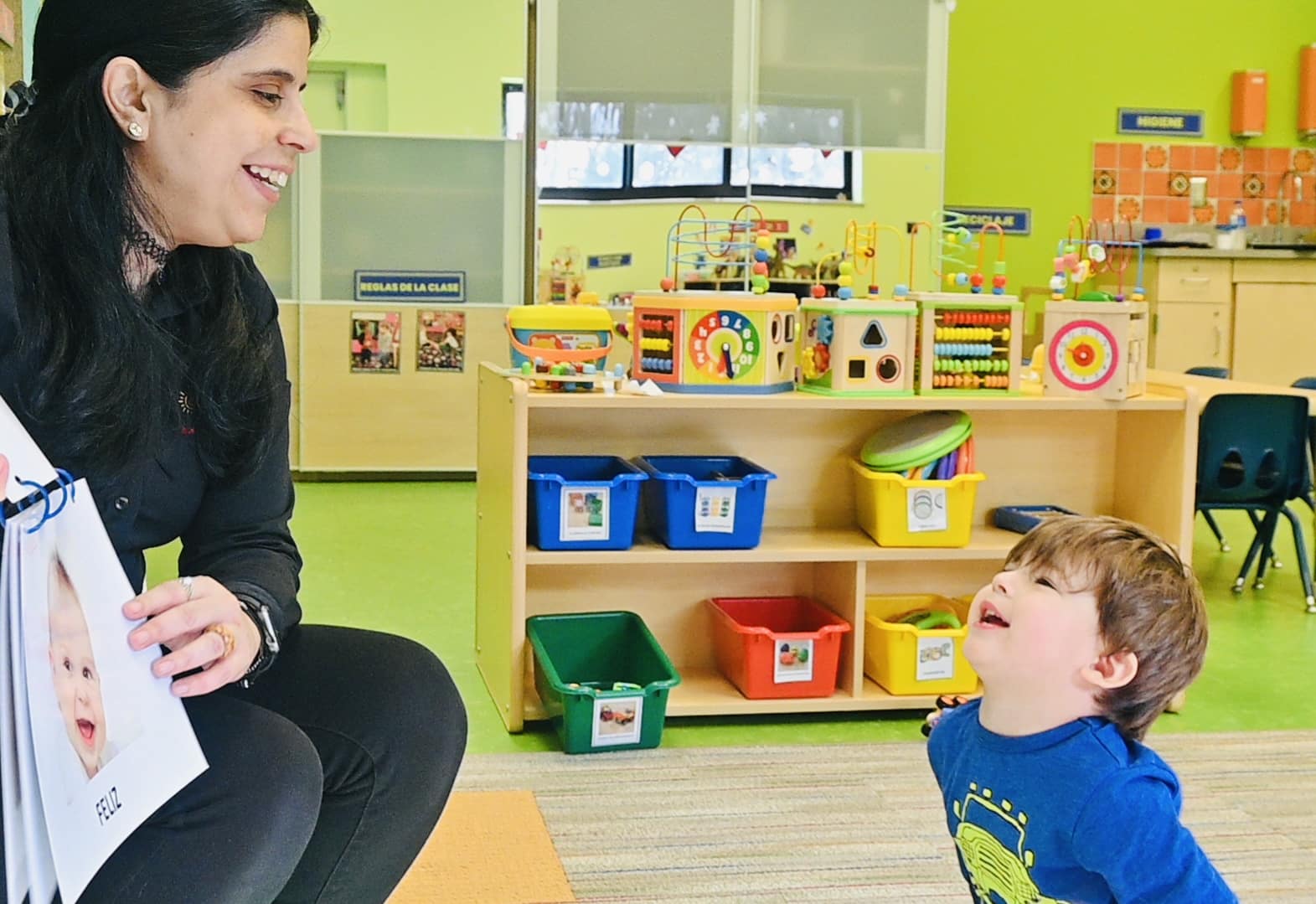Index Surge: Amplifying Your Insights
Stay updated with the latest trends and news across various industries.
Fluent in Fun: Language Learning with a Twist
Unlock the joy of language learning with creative twists and fun tips that make fluency a breeze! Dive in today!
5 Creative Games to Boost Your Language Learning Experience
Learning a new language can often feel daunting, but incorporating creative games into your study routine can make the process enjoyable and effective. Here are 5 creative games that can help you boost your language learning experience:
- Word Association: This classic game encourages players to think quickly in the target language by saying a word related to the previous one. It's an excellent way to enhance vocabulary and speed.
- Charades: Act out words or phrases without speaking, allowing participants to guess what you are trying to convey in the language you're learning. This interactive method not only improves vocabulary but also promotes creative thinking.
- Language Bingo: Create Bingo cards with vocabulary words. As you call out definitions, players must recognize the correct word in their language, reinforcing their learning in a fun and engaging way.
- Story Cubes: Use dice with pictures to spark imagination. Players roll the cubes and create a story using the corresponding images, practicing their sentence structure and narrative skills in the target language.
- Trivia Quizzes: Organize trivia games with questions related to culture, history, or language rules. This not only tests knowledge but also immerses learners in the nuances of the language.
These games not only make language learning fun but also foster a deeper connection with the new language. By incorporating creative games into your study routine, you will not only enhance your language skills but also enjoy the journey of learning.

How to Make Language Practice Fun: Tips and Tricks
Making language practice enjoyable can significantly enhance your learning experience. One effective approach is to incorporate games into your study routine. For instance, you could try using language learning apps that include flashcards or word puzzles. Additionally, organizing a language exchange with a friend can provide a fun, interactive environment. You can also explore role-playing games where you practice speaking in real-life scenarios, making the learning process both fun and practical.
Another great strategy is to immerse yourself in the culture of the language you're learning. Listen to music in that language, watch films, or cook traditional dishes while following recipes in your target language. These activities not only improve your language skills but also allow you to experience the culture more deeply. Don't forget to celebrate your progress with mini-challenges, such as writing a short story or giving a presentation, to keep the momentum going!
What Are the Benefits of Learning a Language Through Play?
Learning a language through play offers numerous benefits that enhance both engagement and retention. Playful activities make the learning process enjoyable, which can lead to increased motivation and a lower anxiety level—two critical factors in language acquisition. By incorporating games, songs, and interactive storytelling, learners can improve their vocabulary and grammar skills in a natural context. This immersive experience mimics how children learn their first language, allowing for better fluency over time.
Moreover, learning a language through play encourages social interaction among peers, fostering a collaborative environment. Group activities and role-playing scenarios promote communication and problem-solving skills, essential components of language use. Additionally, play-based learning enhances cognitive development by stimulating creativity and critical thinking, making it easier for learners to grasp complex linguistic concepts. Overall, this method not only makes learning fun but also effective, paving the way for lifelong language skills.